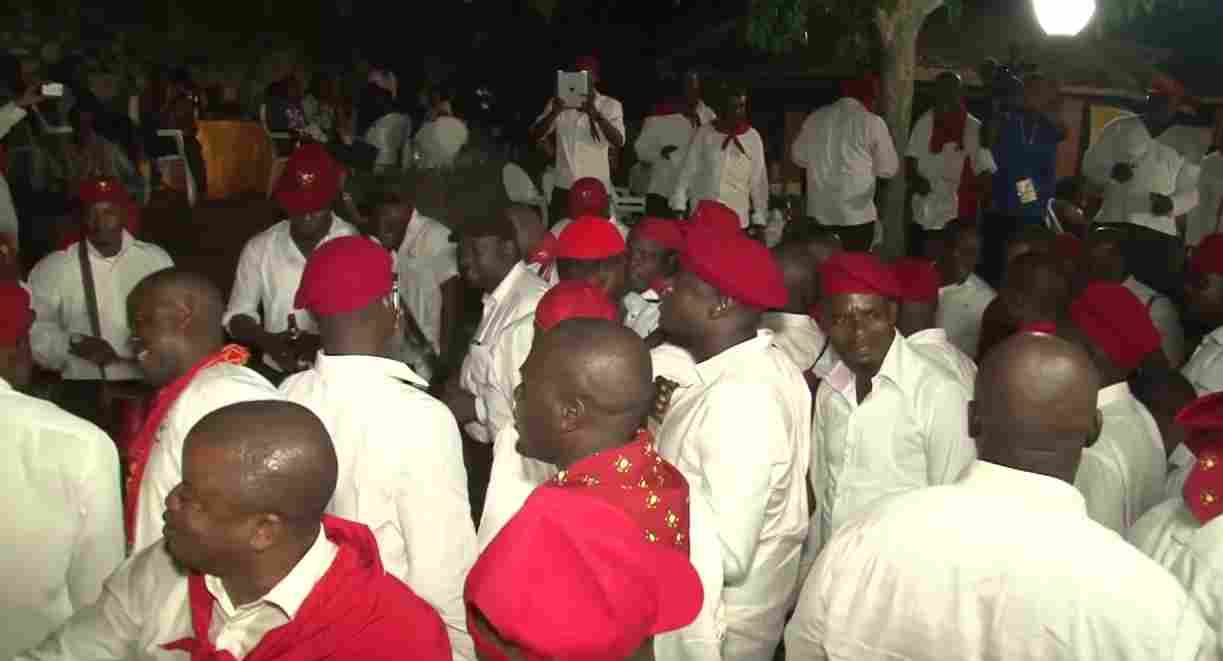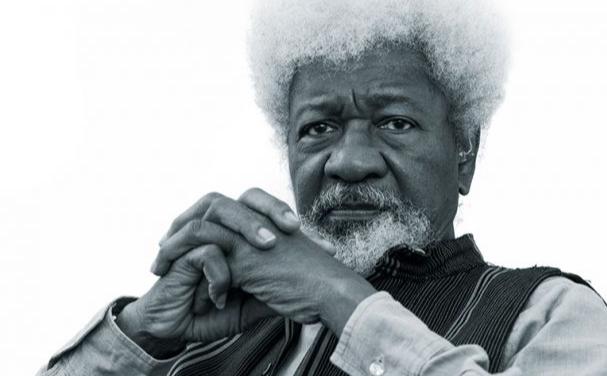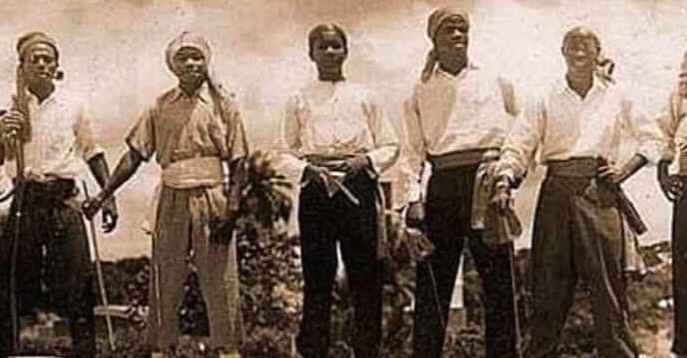Cultism is a major vice which is common in tertiary institutions in Nigeria today. Cultism itself, according to history, started for a good cause, but over time things have changed. Let us take a look at the history of cultism in Nigeria and how it all began.
Cultism is defined as the activities or practices of a group of people with one common spiritual, religious or philosophical belief. The group of individuals involved in these practices is known as a cult. In general sociological studies, the term cult has been subjected to a whole lot of controversial and divergent definitions. But most cults are referred to as secret cults. They are called that because their activities and practices are hidden from the public and non-members. Members of secret cults often swear an oath of allegiance or go into covenant with each other. They are meant to defend their beliefs and practices down to their very last breath.
Pyrates Confraternity
Cultism in Nigeria began as far back as 1952. It started out as fraternities, and they were confined within universities campuses with the motive of maintaining law and order on campuses. It was not until the 1990s that they began spreading to the streets and creeks. The first fraternity in Nigeria was the Pyrates Confraternity at the University College, Ibadan. The Pyrates Confraternity was started by seven students among which was the popular Nigerian Nobel Laurette, Wole Soyinka.
They called themselves the ‘Magnificent Seven.’ The confraternity was founded because the university then was filled with wealthy students backed by colonial powers. The few poor students were doing everything they could in dressing and manner to blend in with the advantaged students. They also noticed that social life was determined based on tribalism. All these things prompted the Magnificent Seven to form the Pyrates Confraternity and their goal was to differentiate themselves from the conventional establishment. And also to support social justice and human rights in Nigeria.
The Pyrates Confraternity activities were non-violent dispute resolutions and fighting against elitist nonsenses and pretences. The motto of the confraternity was ‘Against all conventions.’ Their logo was the skull and crossbones. Some of the members gave themselves name such as Long John Silver and Cap’n Blood. The confraternity membership was made open to any promising male students irrespective of race or tribe. Although application and selection were very rigid and many students were denied. For almost twenty years, the Pyrates Confraternity was the only fraternity in most Nigerian universities.























